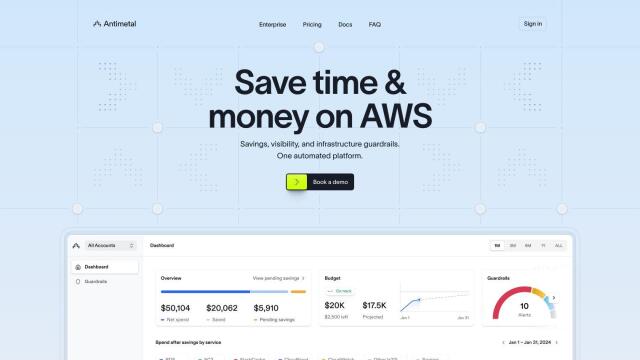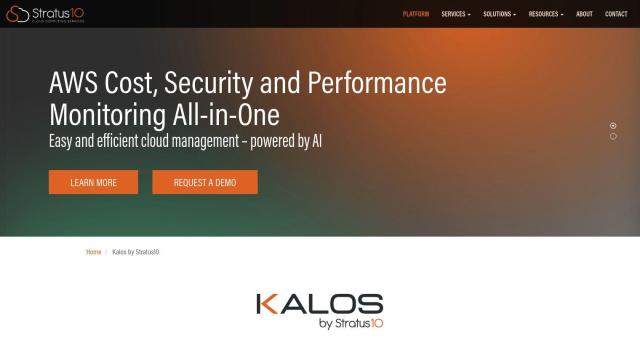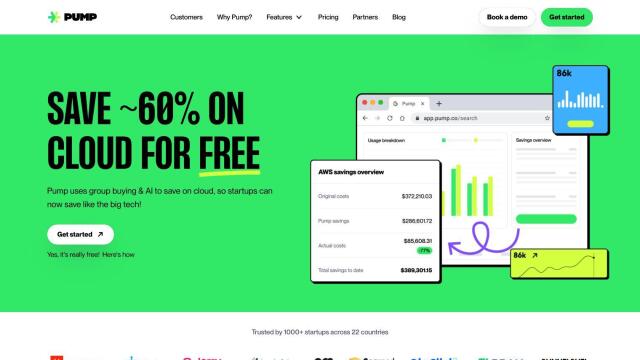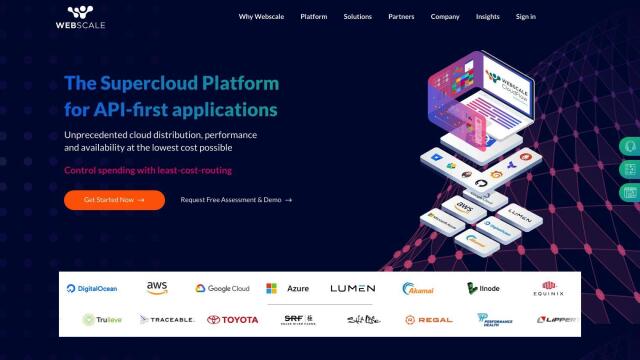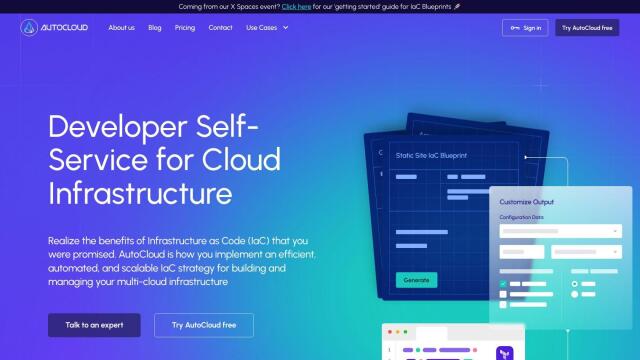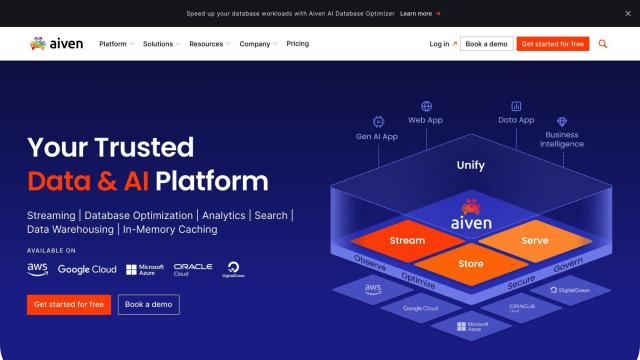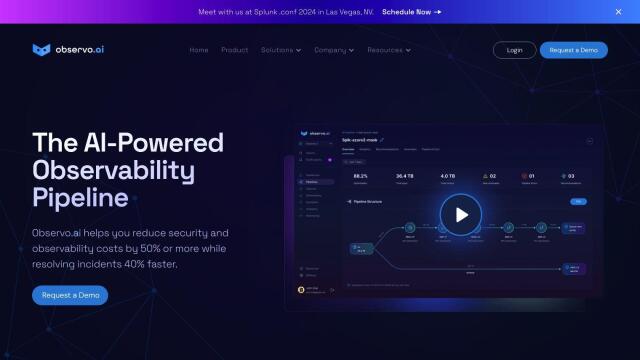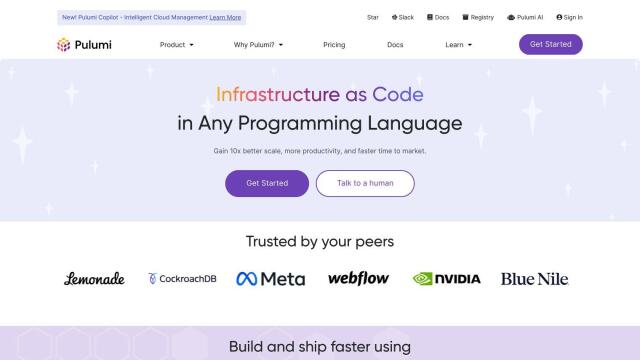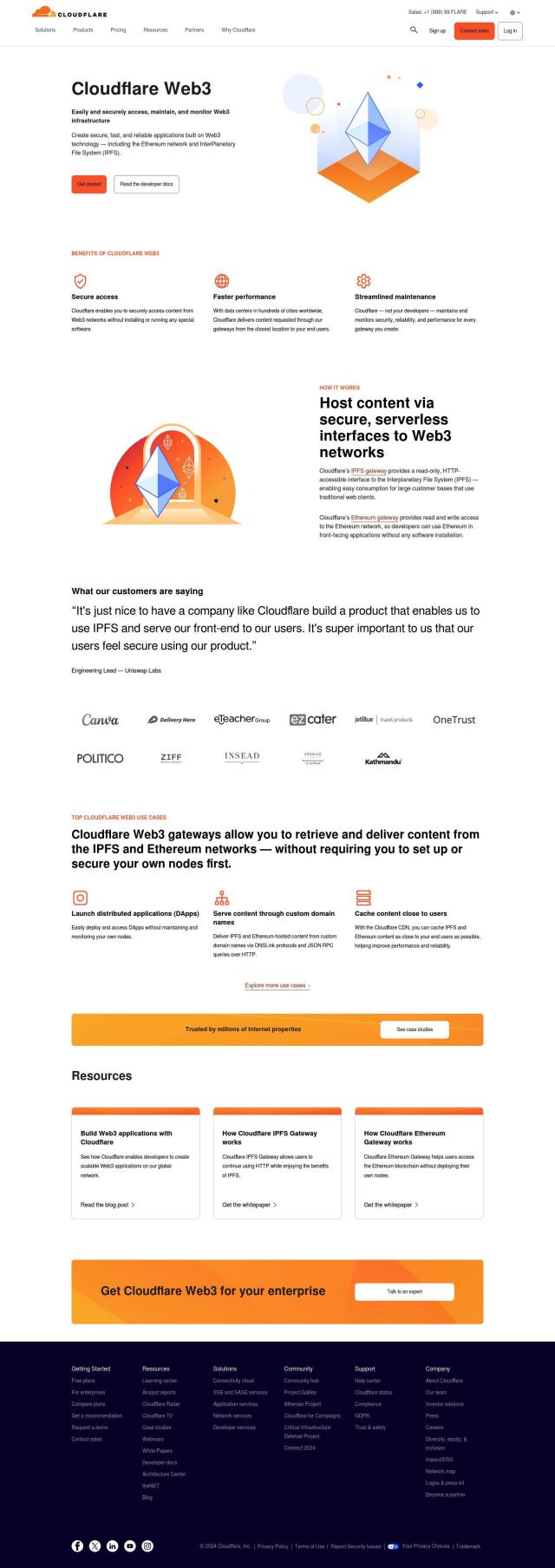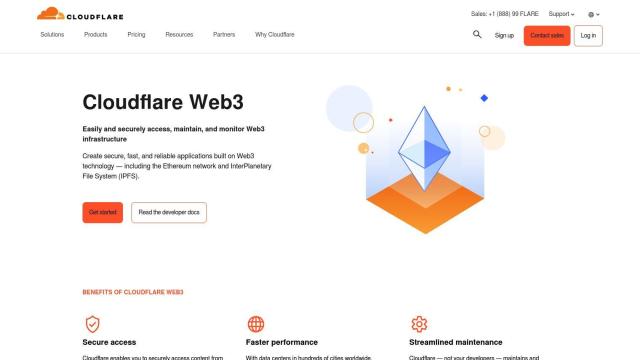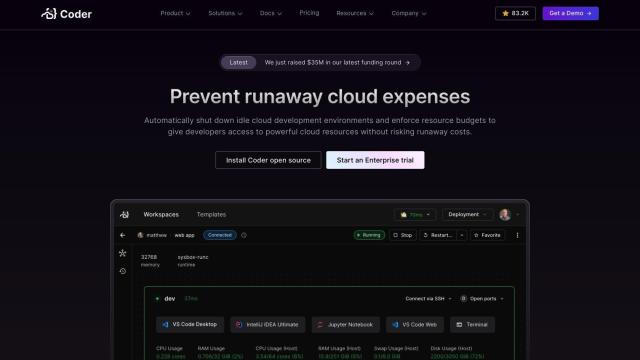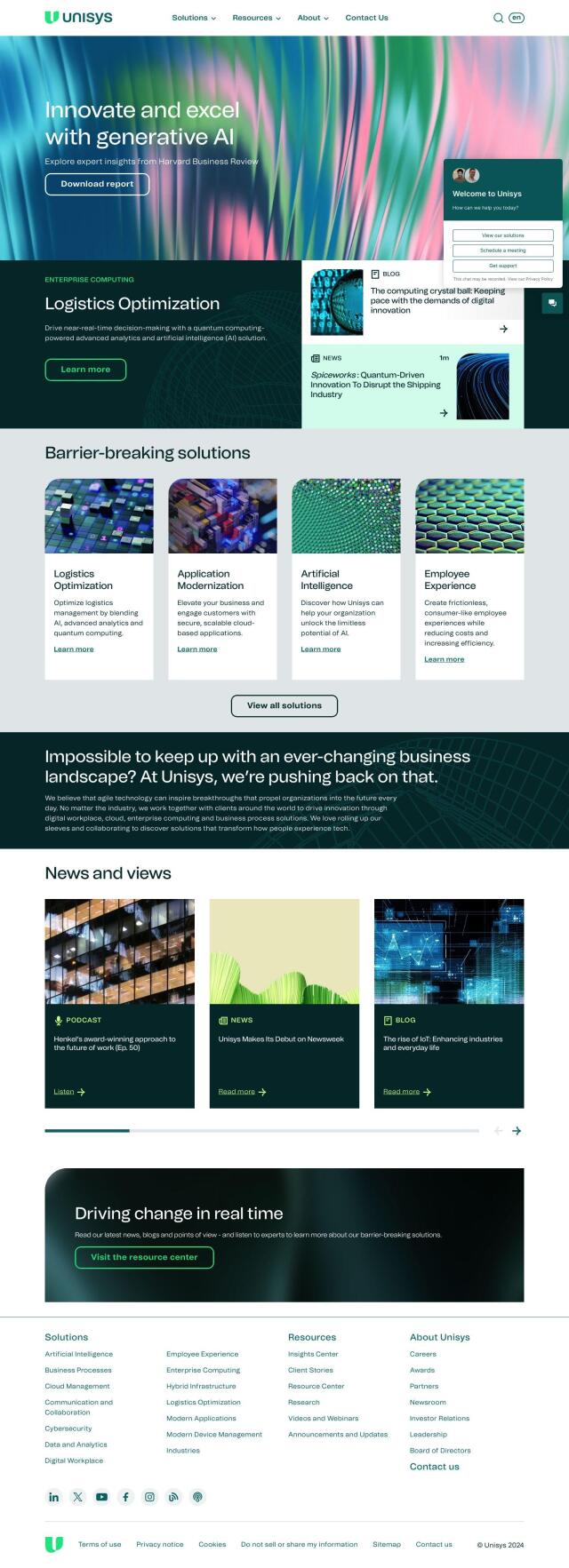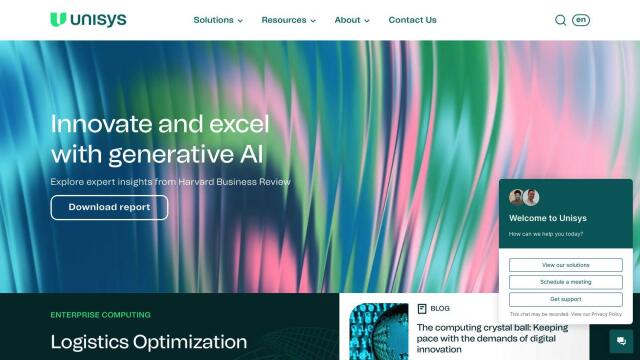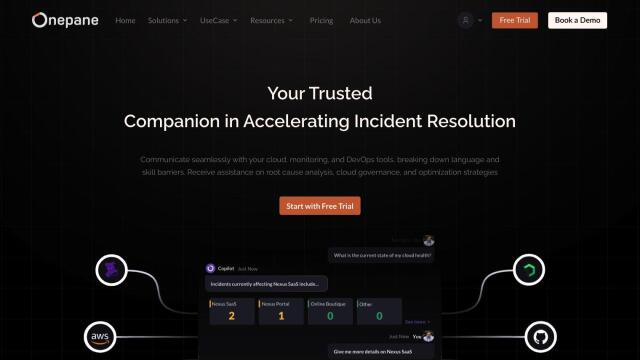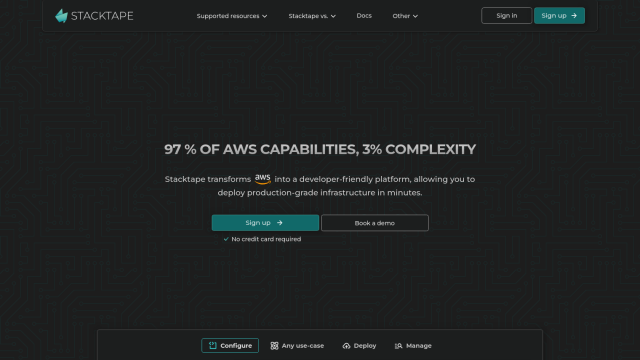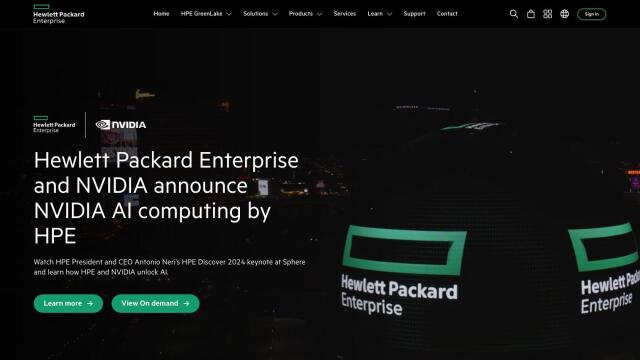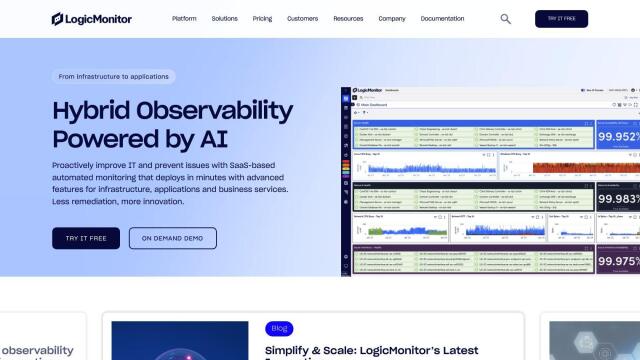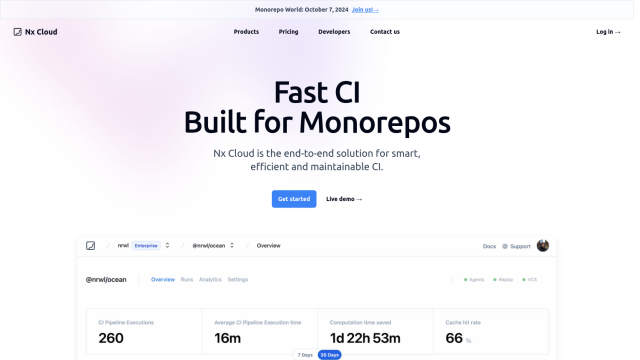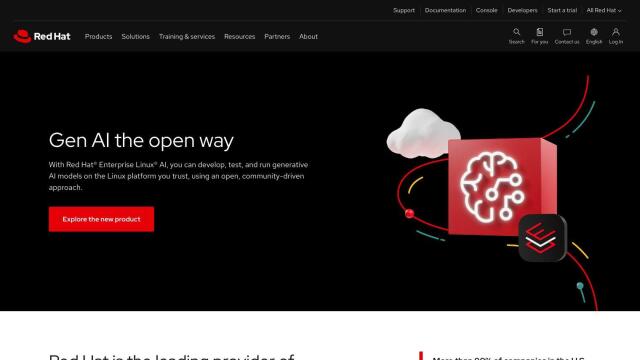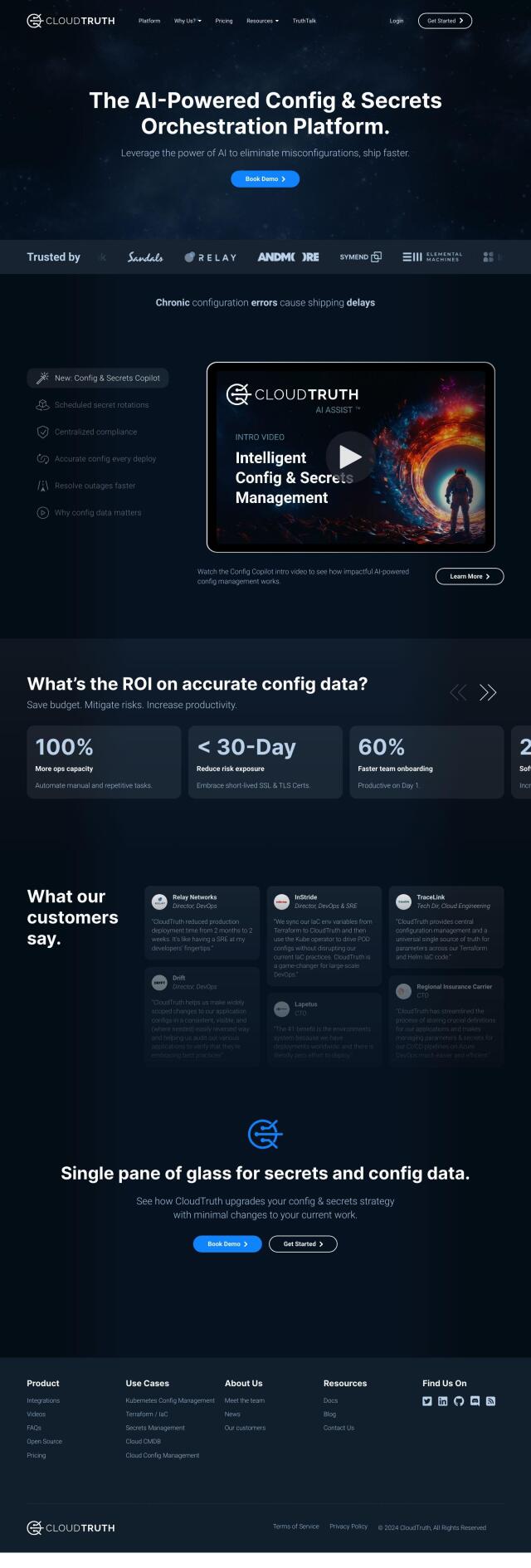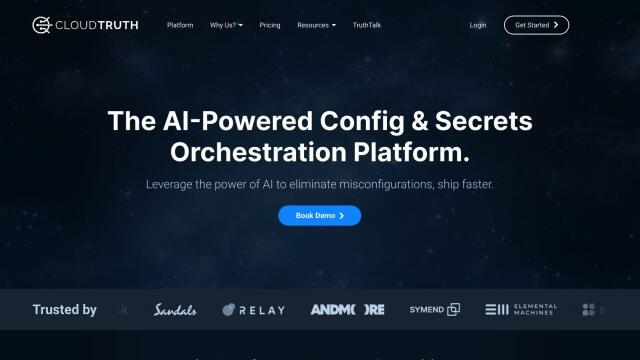Question: I need a solution that helps reduce cloud infrastructure costs and optimizes resource allocation.

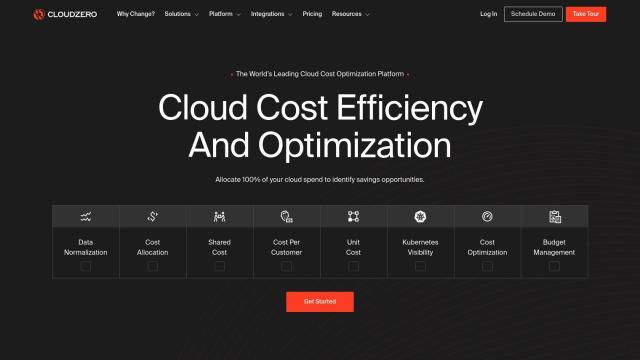
CloudZero
If you're trying to find a one-stop-shop to lower your cloud infrastructure costs and optimize resource utilization, CloudZero is a good option to evaluate. CloudZero is a cloud cost intelligence platform that helps high-performing organizations optimize their cloud infrastructure and save money. It offers 100% visibility into cloud spend, normalizes data from IaaS, PaaS, and SaaS vendors, and offers features like cost optimization, budget management, and Kubernetes visibility. This can be particularly useful for engineering, finance, and FinOps teams that want to build cost-efficient software and maintain cloud spend growth rates.

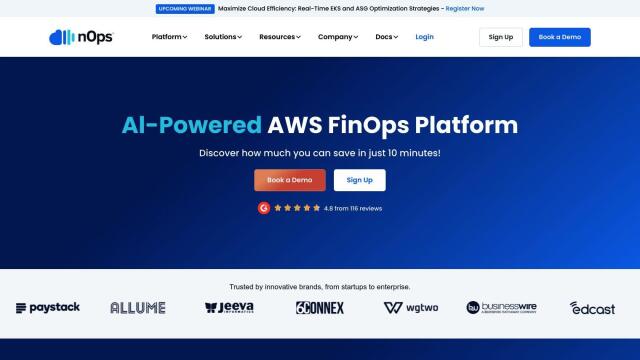
nOps
Another option is nOps, an automated FinOps platform that helps customers reduce their AWS costs by up to 50%. nOps offers features like Compute Copilot, Commitment Manager, and Cloud Optimization Essentials that optimize EKS and ASG costs, manage long-term commitment risks, and automate cost optimization tasks. It also offers AI-driven resource usage pattern optimization, detailed cost and usage dashboards, and simple cost allocation, making it a good option for companies that struggle with cloud cost visibility and over-provisioning.

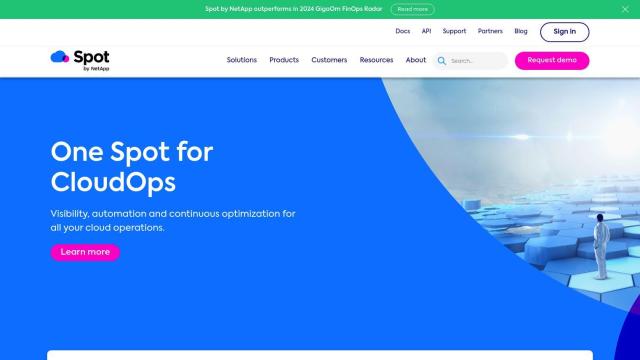
Spot
If you're looking for something more automated and AI-driven, Spot continuously optimizes cloud infrastructure resources for reliability, security, and efficiency. With features like automated infrastructure optimization, cloud security posture management, and full cloud management and governance, Spot can reduce complexity and costs while maximizing cloud investments. It supports major cloud platforms and offers a free trial for up to 20 instances, with promised cost savings and improved operational efficiency.

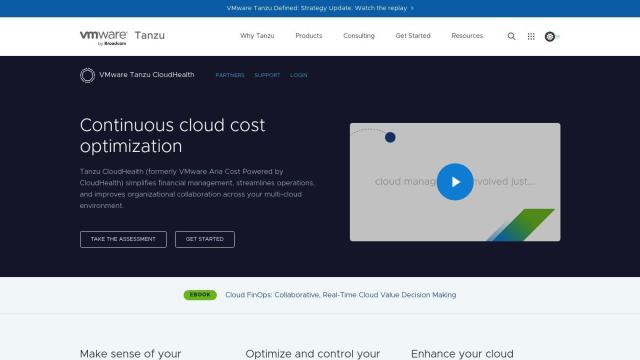
Tanzu CloudHealth
Last, Tanzu CloudHealth is a mature cloud management platform that helps simplify financial management, operational efficiency and collaboration across multi-cloud environments. It offers personalized recommendations, governance policies, and features like cost allocation, commitment-based discount management, and anomaly detection. More than 22,000 organizations use it worldwide to manage more than $24 billion of annualized cloud spend, so it's a good option for companies that want to build their cloud expertise and optimize resource usage.

